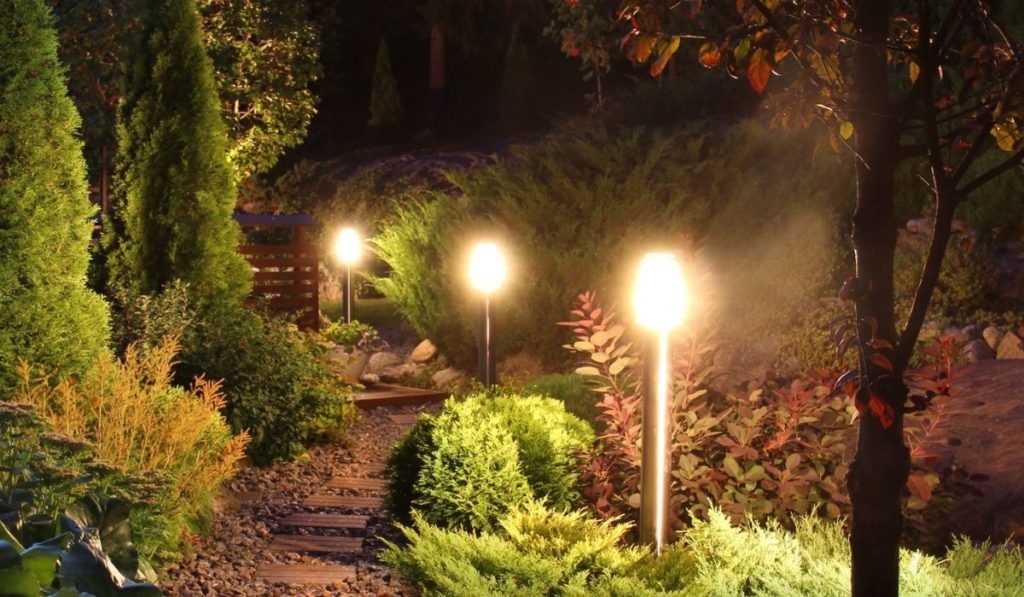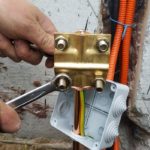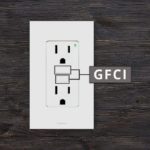Outdoor lights are an essential part of our modern life. As crucial as outdoor lights are, it is even more important that they are kept safe, such that water and electricity don’t meet. This is why your outdoor light fixtures must be grounded. Outdoor lights that are not adequately grounded pose a risk to your homes.
All light fixtures in and around your home should be grounded, especially your outdoor lights. Non-grounded fixtures are more dangerous in the case of heavy rainwater, lightning, or high winds that could damage the light and, if not grounded, cause an electrocution hazard.
In this article, we’ll explain the importance of grounding your outdoor lights, highlight simple steps on how to ground a new outdoor light and offer tips to know if your outdoor lights are well-grounded.
Does Every Outdoor Light At Your House Have to Be Grounded?

Earth, or ground, can be described as a material that can absorb electricity infinitely. In essence, grounding or earthing electrical fixtures is the process of transferring excess electricity to an earthly material through the use of low resistance wire.
And just to be clear, we’re talking about lights that are grounded with a grounding wire – and usually this is built into the light fixture. If it’s not, you can maybe add your own grounding wire which is very cheap and easily available (reference this example on Amazon) .
We’ve all had little shocks at one point or the other, and they aren’t too dangerous. However, electricity can be hazardous – electric shock sneaks up on people when they are careless and unguarded.
A fundamental requirement for every light fixture in your house is that they should be appropriately grounded, and this requirement is even more critical for light fixtures that are outside.
The reason is simple: light fixtures that are not grounded can malfunction in a way that they shock anyone that touches them. This is even more true for moist outdoor conditions than when the light fixtures are inside the house.
Shocks from ungrounded light fixtures can be very uncomfortable, and this can be more dangerous if water is present since water is a conductor.
When you stand in water or touch a wet surface and an ungrounded fixture, that gives electricity a clear path to the earth through your body.
However, with a well-grounded fixture, that clear path is available through the circuit wires. If a connection is loose and electricity flows to the ground, a breaker will trip and shut off the power.
How Do I Know If My Outdoor Lights Are Grounded?
Often, one of the major issues that arises with outdoor light fixtures is that many people believe their fixtures are properly grounded and wired, while in reality, they are not.
Therefore, it is necessary to check and see if your outdoor lights are actually grounded. Ensure that you always double-check your outdoor lights to ensure they are grounded.
When you notice that your outdoor lights are flaring or flickering, you should check to see if the light fixtures are correctly grounded. This now begs a critical question: How can you check if your outdoor lights are grounded?
There are different methods you can use to check if outdoor fixtures are well-grounded:
- You can check the box next to ‘grounding’ at the back of the fixtures themselves. It should read something like “GND” or “GROUNDED” if it’s adequately grounded.
- You can also look at instructions that are included with the fixtures. Usually, the instructions are attached to the bottom of the fixture. In more recent models, they come under the cover plate near the top of the fixture.
Can You Ground A New Outdoor Light?
Yes, you can ground a new outdoor fixture installed in a modern house. You can follow these simple steps if you want to ground a new outdoor light by yourself. However, if you are unsure of the process, you should hire a professional electrician.
Here are some simple steps for grounding a new outdoor light:
- First, carefully read through the instructions written on the new fixture.
- The next step is to observe the new fixture carefully. The fixture should have three wires sticking out: black, white, and green (or bare copper).
- Next, check the circuit breaker panel, look for the correct breaker, and turn it off.
- Make sure you don’t have electricity flowing. You can check it with a non-contact handheld voltmeter like this (on Amazon).
- Once you are sure that there’s no current flowing, have someone else hold up the new light fixture so you can use both hands. You can also use duct tape to hold it up or prop the fixture on a ladder.
- Observe the wires coming out from the ceiling and ensure that you have three black, white, and green or bare copper wires.
- Ensure that you match the wires correctly, ex: green to green or copper to copper.
- Then, twist the two copper wires together at its end.
- The next thing to do is screw a green cap (green=ground) over the two bare copper wires.
- You can then confirm that the two wires have good contact and that the cap won’t come off.
If you have never done any form of electrical work before or are in doubt of the process, it’s better to have a professional electrician do this. Using the services of a professional is both a safe and worthwhile investment.
What Happens If You Don’t Ground Outdoor Lights?

It’s essential to always keep in mind the function of the ground wire on the electrical light fixture. The ground wire helps provide a backup path where current can flow in case of a short circuit.
An outdoor electrical light fixture that is not grounded will still work, and if it’s 100% plastic, it will be fine.
Even though an ungrounded light fixture will work, there are still several possible consequences for not grounding it. It’s often moist outside, and as such, if someone touches a metal fixture and stands in a puddle at the same time, they might get shocked.
The human body consists of 60% water, and since water is a good conductor of electricity, it makes it easy for the body to complete an electrical circuit. Once anyone becomes a part of an electrical circuit, they’re at risk of severe injury or even death.
Having outdoor lights that are not grounded is dangerous for you, your family, and anyone visiting you. Even in situations where you don’t have guests standing in the rain and touching a metal fixture, you might still have problems.
That’s because everything in the outdoor wall light’s circuit can be blown in the event of a power surge.
Conclusion
If you weren’t paying attention to ungrounded light fixtures before, now would be a good time to do that. Your outdoor lights need to be grounded properly. This will guarantee your safety and the safety of everyone around you.
It’s too dangerous to leave your outdoor lights ungrounded, and you can’t afford to overlook them.








